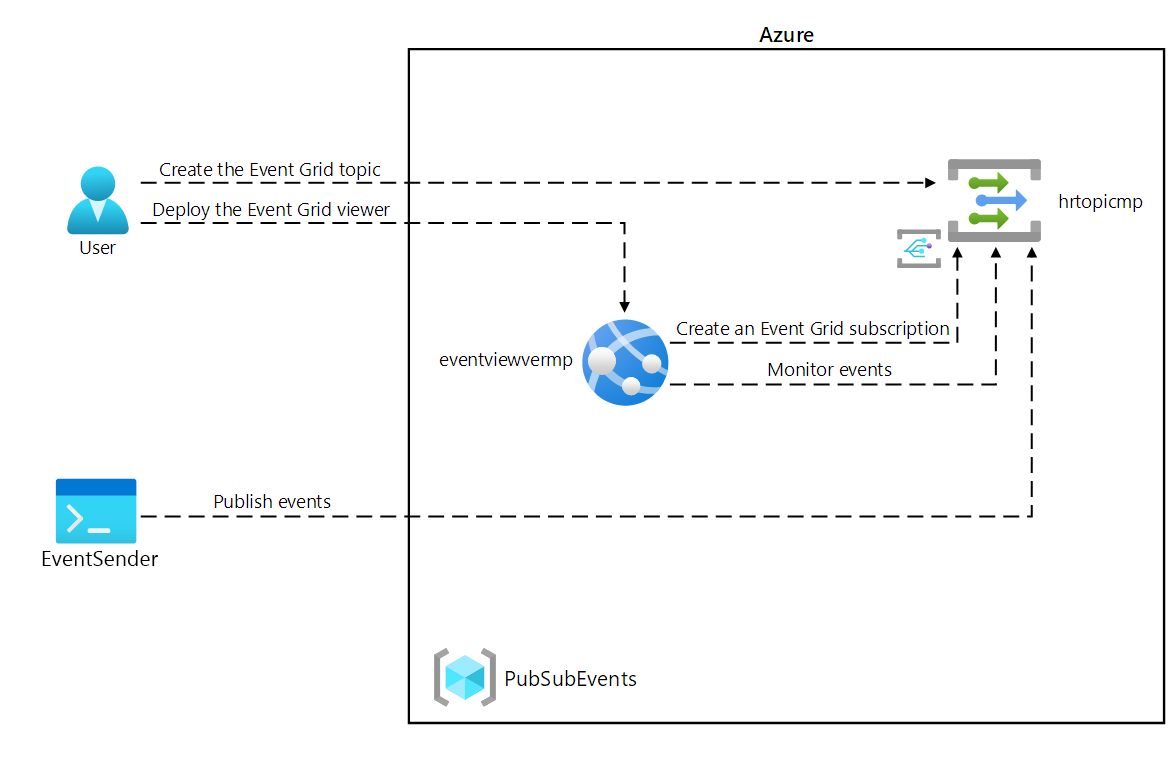Azure Active Directory (Azure AD) is Microsoft’s cloud-based identity and access management service, which helps your employee's sign in and access resources in:
- External resources, such as Microsoft Office 365, the Azure portal, and thousands of other SaaS applications.
- Internal resources, such as apps on your corporate network and intranet, along with any cloud apps developed by your own organization.
Who uses Azure AD?
Azure AD is intended for:
- IT admins. As an IT admin, you can use Azure AD to control access to your apps and your app resources, based on your business requirements. For example, you can use Azure AD to require multi-factor authentication when accessing important organizational resources. Additionally, you can use Azure AD to automate user provisioning between your existing Windows Server AD and your cloud apps, including Office 365. Finally, Azure AD gives you powerful tools to automatically help protect user identities and credentials and to meet your access governance requirements. To get started, sign up for a free 30-day Azure Active Directory Premium trial.
- App developers. As an app developer, Azure AD gives you a standards-based approach for adding single sign-on (SSO) to your app, allowing it to work with a user's pre-existing credentials. Azure AD also provides APIs that can help you build personalized app experiences using existing organizational data. To get started, sign up for a free 30-day Azure Active Directory Premium trial.
- Microsoft 365, Office 365, Azure, or Dynamics CRM Online subscribers. As a subscriber, you're already using Azure AD. Each Microsoft 365, Office 365, Azure, and Dynamics CRM Online tenant is automatically an Azure AD tenant. You can immediately start to manage access to your integrated cloud apps.
What are the Azure AD licenses?
Microsoft Online business services, such as Office 365 or Microsoft Azure, require Azure AD for sign-in and to help with identity protection. If you subscribe to any Microsoft Online business service, you automatically get Azure AD with access to all the free features.
To enhance your Azure AD implementation, you can also add paid capabilities by upgrading to Azure Active Directory Basic, Premium P1, or Premium P2 licenses. Azure AD paid licenses are built on top of your existing free directory, providing self-service, enhanced monitoring, security reporting, and secure access for your mobile users.
Note
For the pricing options of these licenses, see Azure Active Directory Pricing.
Azure Active Directory Premium P1, Premium P2, and Azure Active Directory Basic are not currently supported in China. For more information about Azure AD pricing, contact the Azure Active Directory Forum.
- Azure Active Directory Free. Provides user and group management, on-premises directory synchronization, basic reports, self-service password change for cloud users, and single sign-on across Azure, Office 365, and many popular SaaS apps.
- Azure Active Directory Basic. In addition to the Free features, Basic also provides cloud-centric app access, group-based access management, self-service password reset for cloud apps, and Azure AD Application Proxy, which lets you publish on-premises web apps using Azure AD.
- Azure Active Directory Premium P1. In addition to the Free and Basic features, P1 also lets your hybrid users access both on-premises and cloud resources. It also supports advanced administration, such as dynamic groups, self-service group management, Microsoft Identity Manager (an on-premises identity and access management suite) and cloud write-back capabilities, which allow self-service password reset for your on-premises users.
- Azure Active Directory Premium P2. In addition to the Free, Basic, and P1 features, P2 also offers Azure Active Directory Identity Protection to help provide risk-based Conditional Access to your apps and critical company data and Privileged Identity Management to help discover, restrict, and monitor administrators and their access to resources and to provide just-in-time access when needed.
- "Pay as you go" feature licenses. You can also get additional feature licenses, such as Azure Active Directory Business-to-Customer (B2C). B2C can help you provide identity and access management solutions for your customer-facing apps. For more information, see Azure Active Directory B2C documentation.
For more information about associating an Azure subscription to Azure AD, see How to: Associate or add an Azure subscription to Azure Active Directory and for more information about assigning licenses to your users, see How to: Assign or remove Azure Active Directory licenses.
Terminology
To better understand Azure AD and its documentation, we recommend reviewing the following terms.
Which features work in Azure AD?
After you choose your Azure AD license, you'll get access to some or all of the following features for your organization:

No comments:
Post a Comment